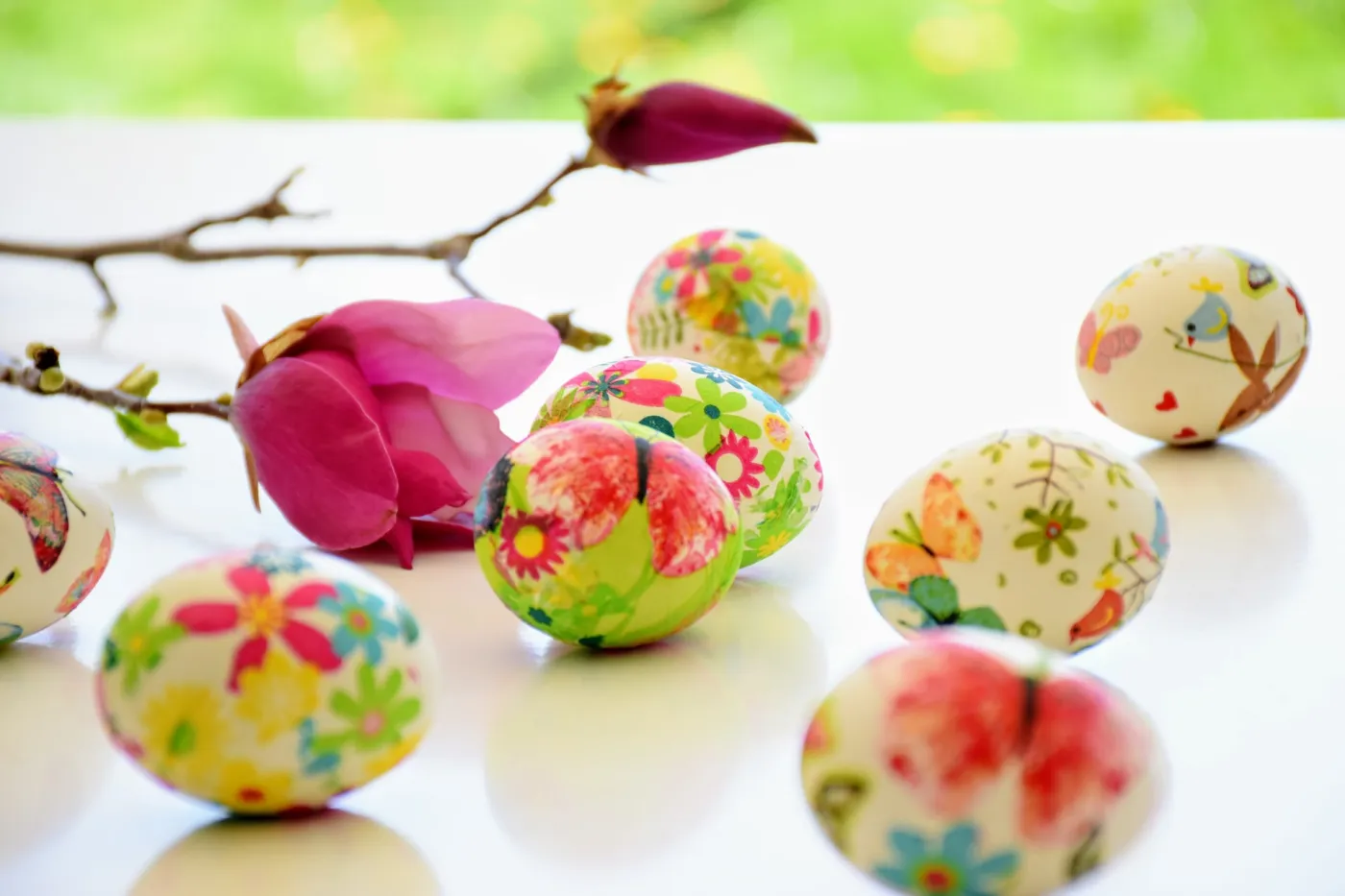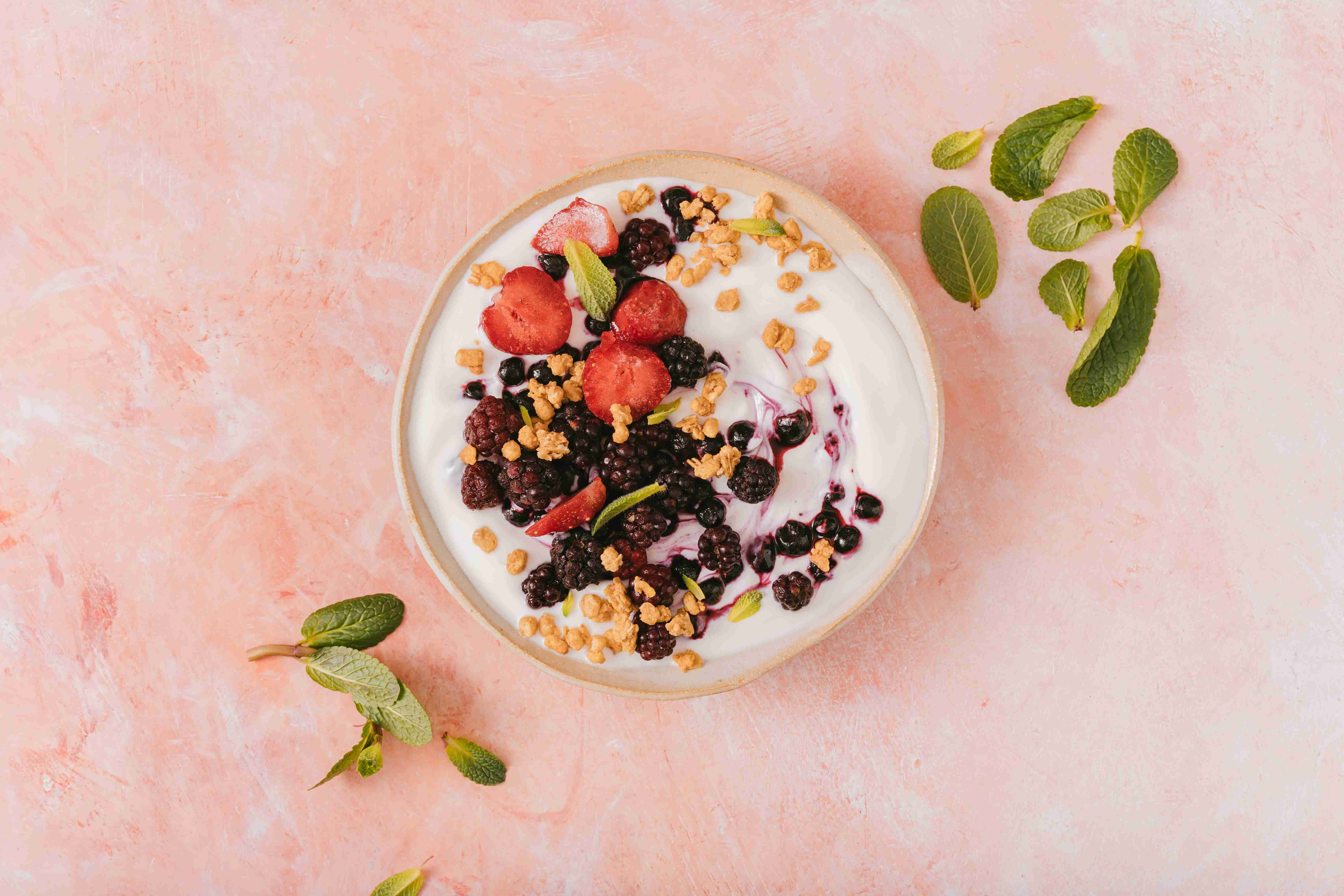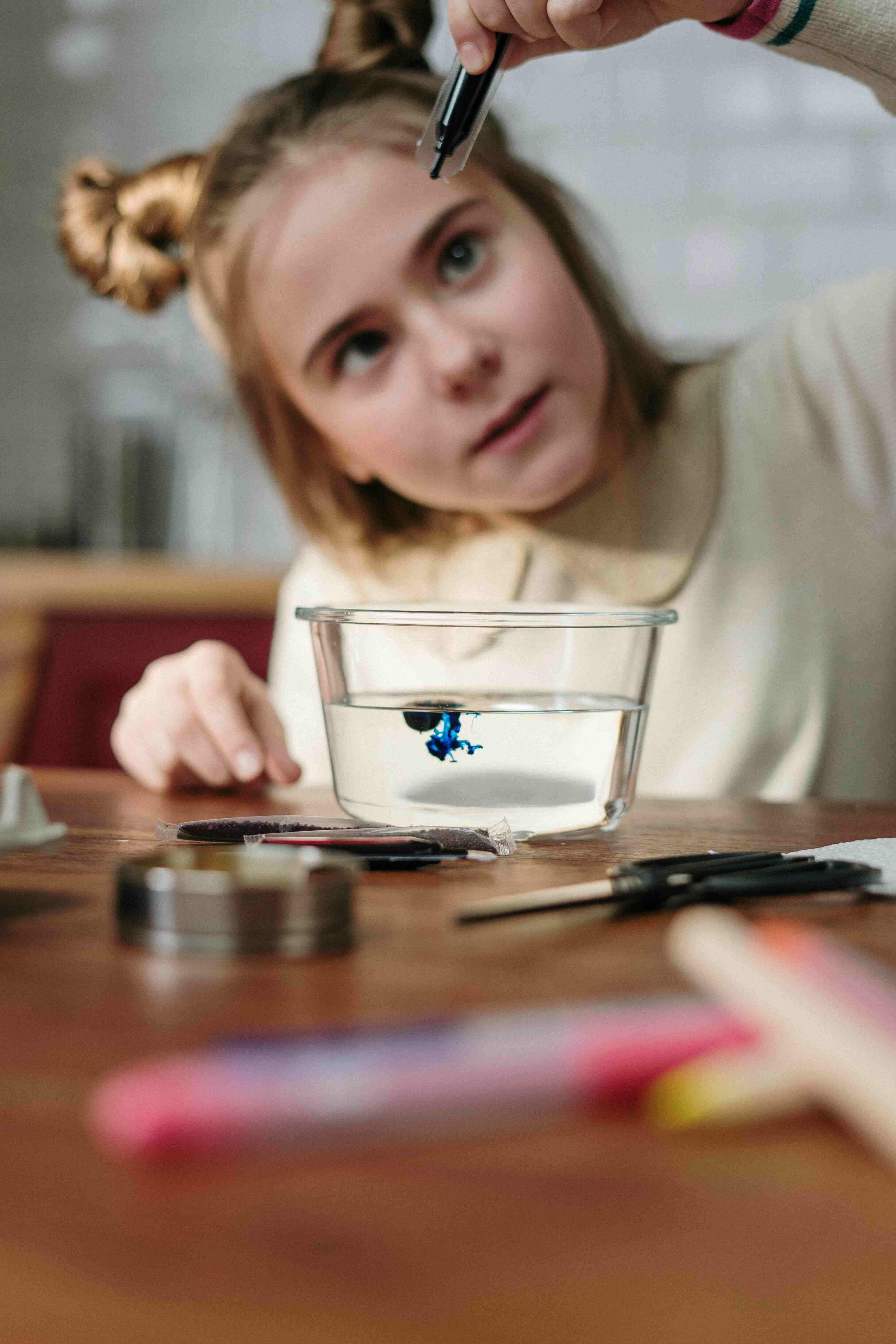8 Fun and Eco-Friendly Easter Activities to Try
Published on: April 7, 2020
Updated on: February 23, 2021
0 Like
Holy Week or Semana Santa is one of the most celebrated holidays in the Philippines. For religious Roman Catholic and Protestant groups, it is a time to reflect and repent and get their peace of mind through various church-related activities. Others look forward to the very long weekend to escape the city and go for a much-needed vacation.
Many people have a hard time finding worthwhile activities to do during this week since most of the malls and a few destinations are on a four-day shutdown. How about doing something right by celebrating an eco-friendly Easter with the people you’re with for the upcoming holiday?
Sustainable living isn’t easy. It takes a lot of dedication and strength to practice. You can start by engaging in a few eco-friendly activities for the entire Holy Week up until Easter.
Below are some activities you can enjoy over the long weekend:
1. Decluttering your home
 Photo courtesy of Sarah Brown via Unsplash
Photo courtesy of Sarah Brown via Unsplash
2. Challenge yourself to a zero-waste week
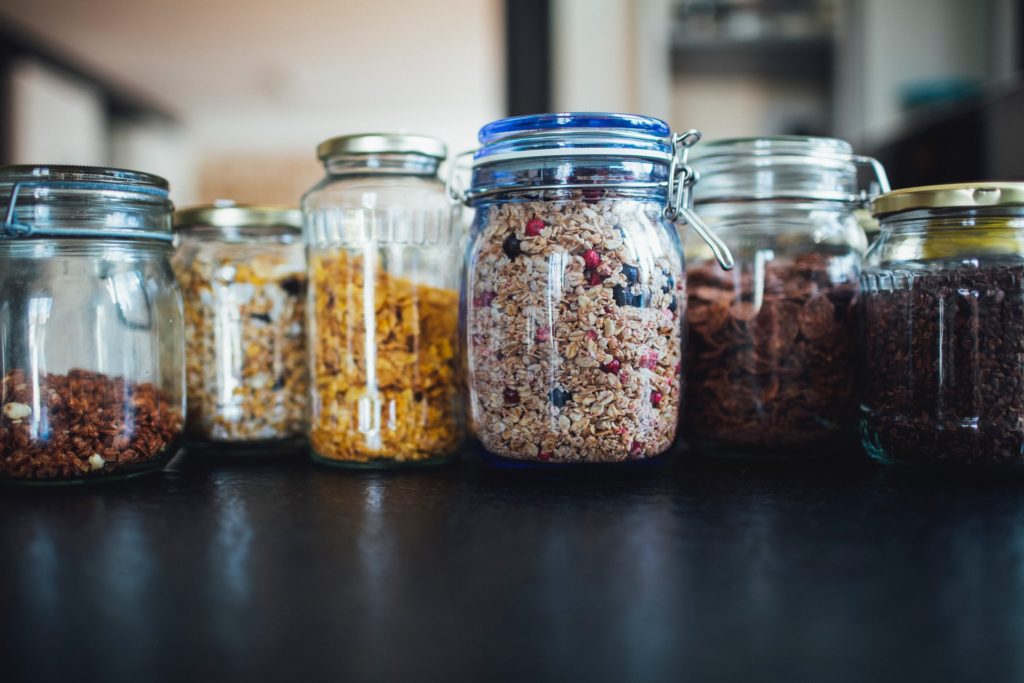 Photo courtesy of Markus Spiske via Unsplash
Photo courtesy of Markus Spiske via Unsplash
3. Saying no to single-use plastics
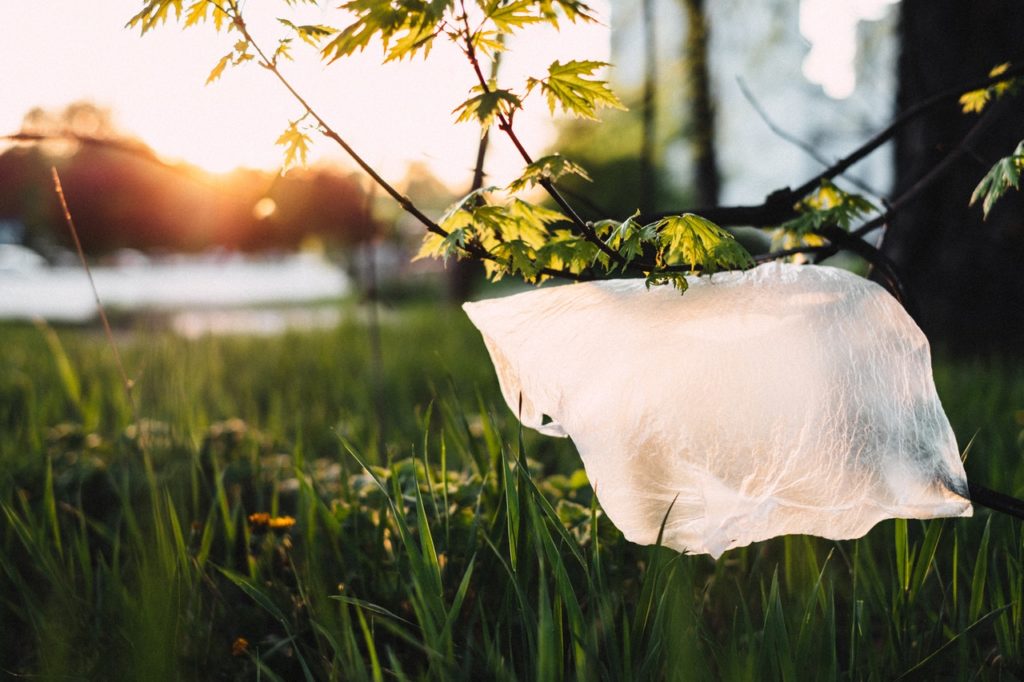 Photo courtesy of freestocks.org via Pexels
Photo courtesy of freestocks.org via Pexels
4. Ditch plastic eggs
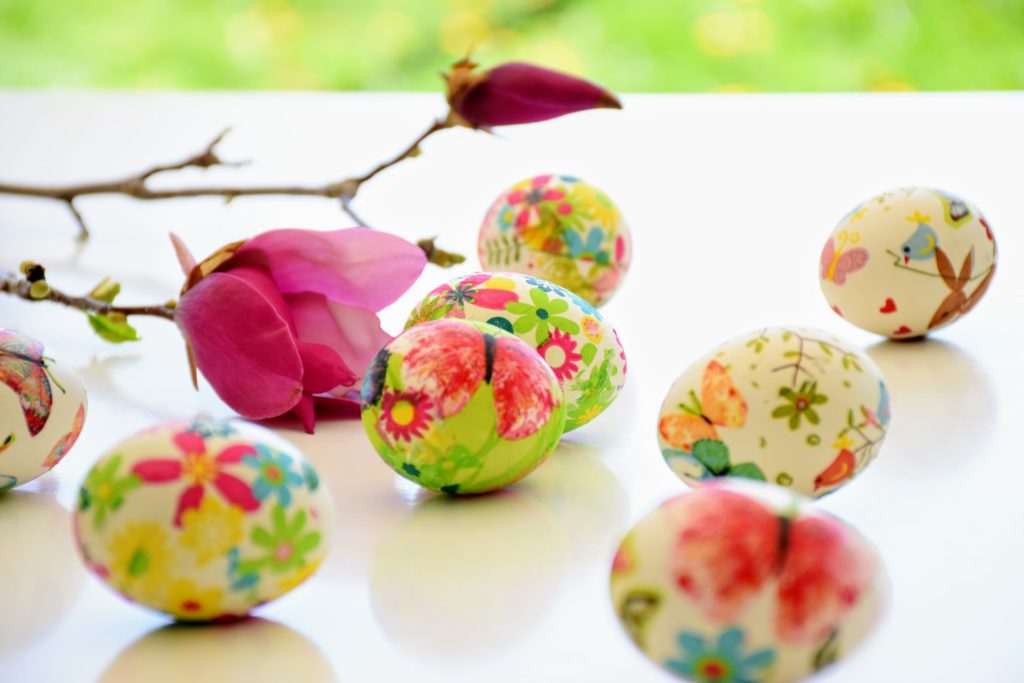 Photo courtesy of Boba Jagliclic via Unsplash
Photo courtesy of Boba Jagliclic via Unsplash
5. Go for cute cloth bags
Easter gifts often come in plastic baskets as part of the aesthetic of the holiday. Keep the Easter aesthetic sustainable by replacing them with eco-friendly Easter baskets or cloth bags that come in the shape of Easter bunnies or Easter eggs. You can create your own bags using felt cloth. If you don’t have enough time to make them yourself, go for small but colorful cloth bags that can be bought in the market and are recyclable, too.6. Support local brands
Chocolates are a must during Easter time, especially for the kids. Here’s the deal, though: mass-produced chocolates contain tons of preservatives that may be harmful to the children. This Easter, consider supporting locally made sweets. You can go for organic chocolates in which the cocoa beans used to make them aren’t sprayed with pesticides. Or, how about fair trade chocolates that pay farmers who grew the ingredients fairly?7. Origami-filled Easter
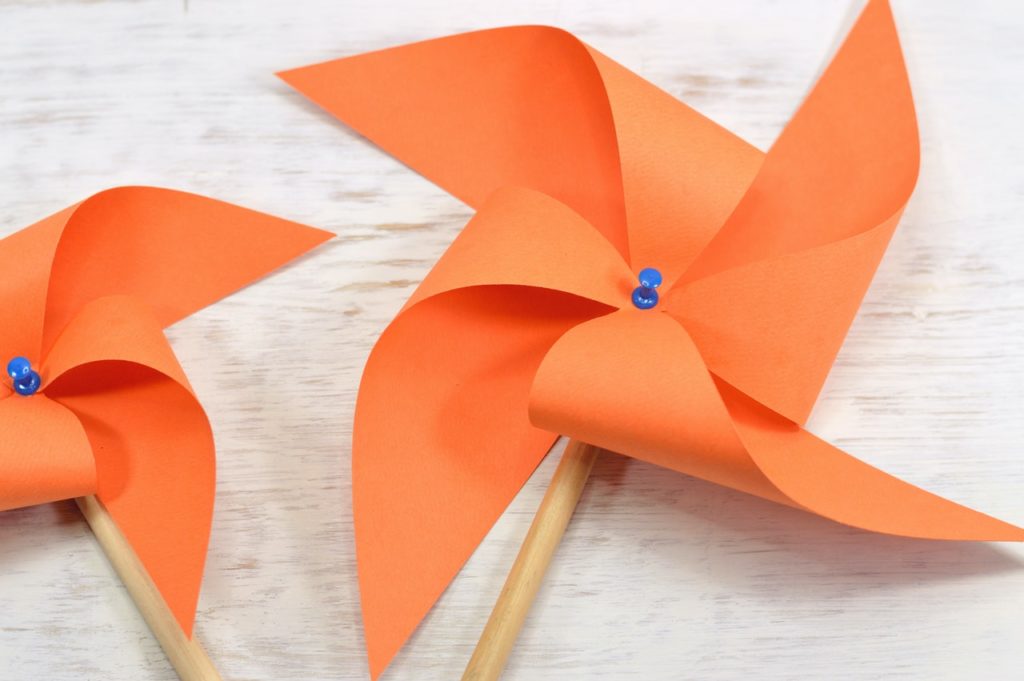 Photo courtesy of Miguel Á. Padriñán via Pexels
Photo courtesy of Miguel Á. Padriñán via Pexels
8. All organic egg coloring
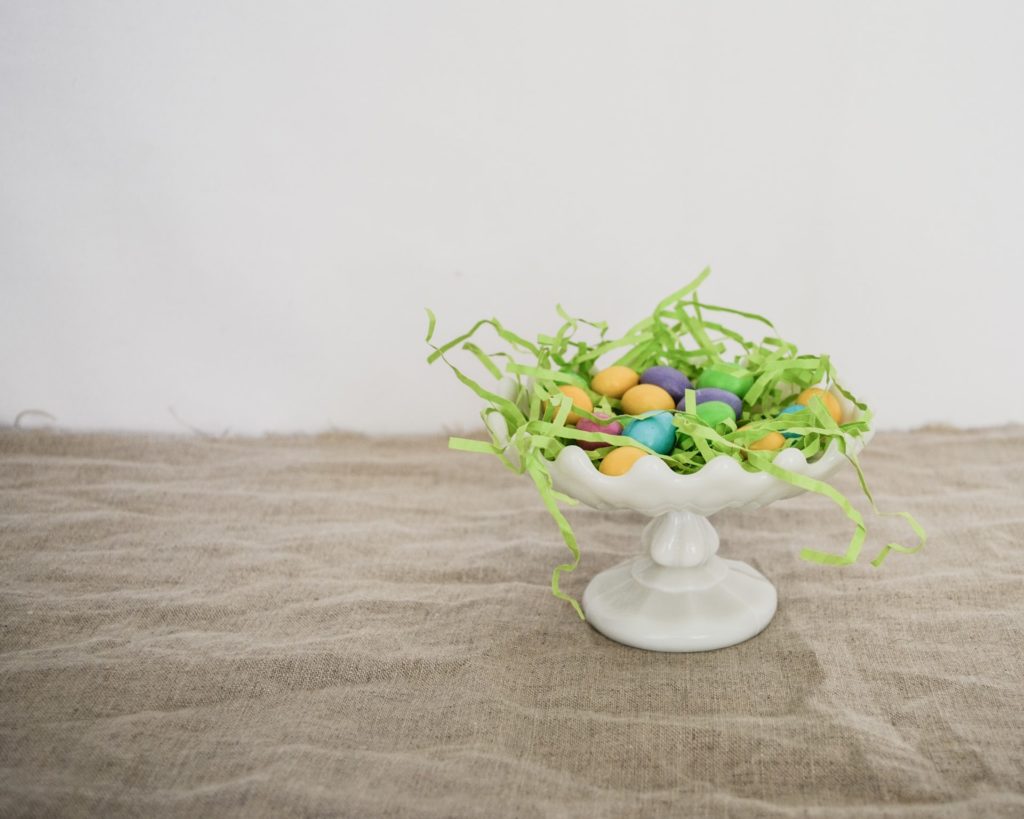 Photo courtesy of Debby Hudson via Unsplash
Photo courtesy of Debby Hudson via Unsplash
